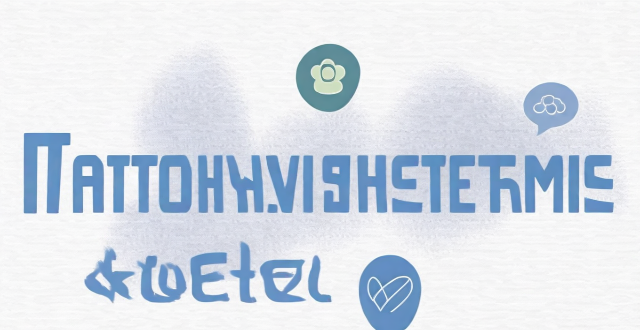The text discusses the symptoms and treatment of hypothermia, a condition that occurs when the body loses heat faster than it can produce. Symptoms include shivering, slurred speech, slow breathing, weak pulse, clumsiness, drowsiness, confusion, and loss of consciousness. Treatment involves moving the person to a warm location, removing wet clothing, warming them up gradually with blankets or hot water bottles, giving them warm fluids, and seeking medical attention immediately. The text emphasizes the importance of prevention by dressing appropriately for cold weather conditions, staying dry, and limiting time outdoors during extreme weather events.

Symptoms of Hypothermia
Hypothermia is a condition that occurs when your body loses heat faster than it can produce it. It's often caused by prolonged exposure to cold temperatures, but it can also be due to certain medical conditions or medications. The symptoms of hypothermia vary depending on its severity, but some common signs include:
- Shivering (in the early stages)
- Slurred speech or mumbling
- Slow, shallow breathing
- Weak pulse
- Clumsiness or lack of coordination
- Drowsiness or confusion
- Loss of consciousness (in severe cases)
It's important to note that not all people with hypothermia will exhibit these symptoms, and some may only show subtle signs. If you suspect someone has hypothermia, it's crucial to seek medical attention immediately.
Treating Hypothermia
If you suspect someone has hypothermia, there are several steps you can take to help them before professional medical assistance arrives:
1. Move them to a warm location: Get the person out of the cold and into a warm, dry environment as soon as possible. If this isn't possible, try to shield them from the wind and rain using blankets or other materials.
2. Remove wet clothing: Wet clothes can accelerate heat loss, so remove any wet garments and replace them with dry ones if available.
3. Warm them up gradually: Use warm blankets, hot water bottles, or even body heat to raise their core temperature slowly. Avoid direct contact with heaters or open flames, as these can cause burns.
4. Give them warm fluids: If the person is alert and able to swallow safely, provide them with warm, non-alcoholic and non-caffeinated beverages. Avoid giving them alcohol or caffeine, as these can worsen hypothermia.
5. Seek medical attention: Even if the person seems to be recovering well, it's essential to get professional medical help as soon as possible. Hypothermia can lead to serious complications like frostbite and organ damage if left untreated.
Remember, prevention is always better than cure when it comes to hypothermia. Dress appropriately for cold weather conditions, stay dry, and limit your time outdoors during extreme weather events.